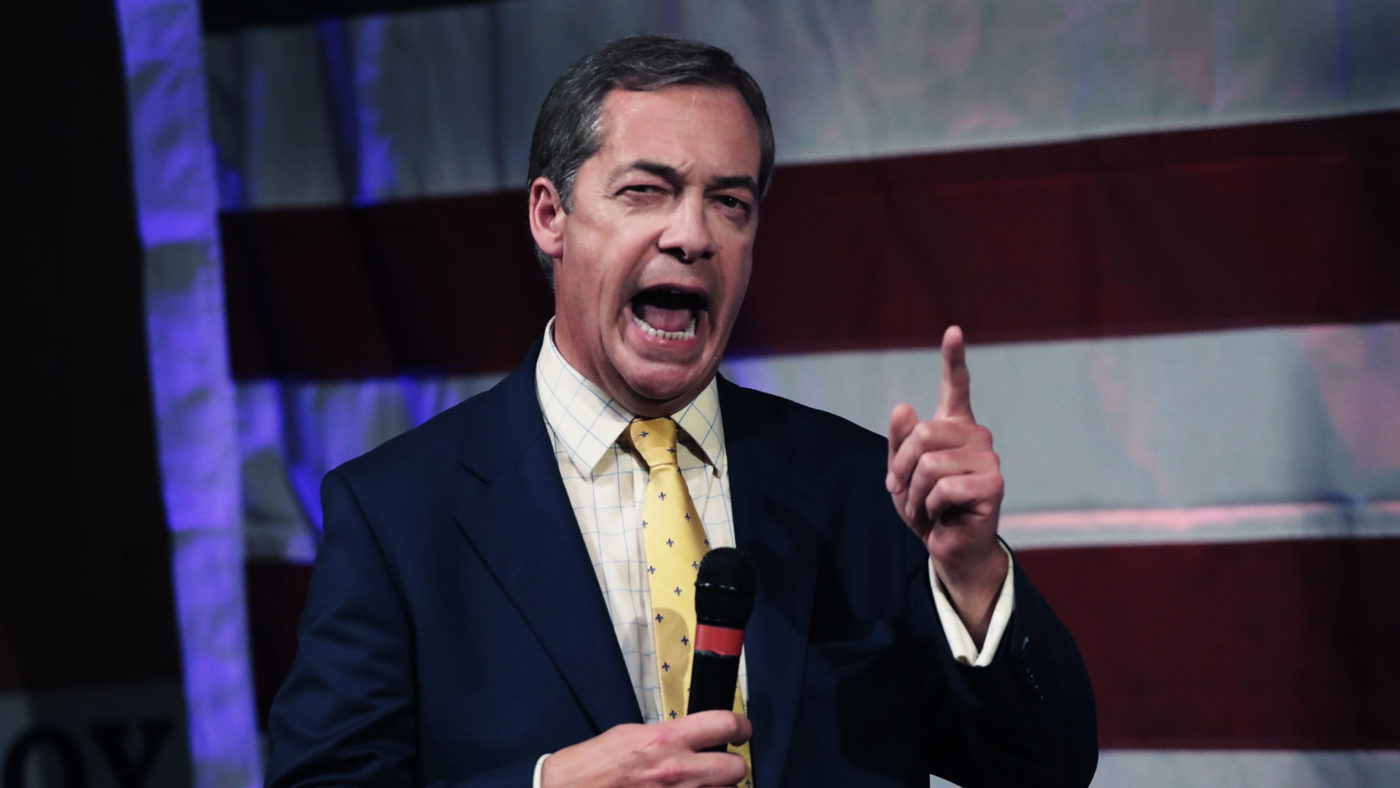Only a divided society can come within a whisker of electing Roy Moore. There was no remotely respectable case for voting for the Republican candidate in Alabama’s special Senate election this week.
It wasn’t just the alleged sexual contact with a 14-year-old. Or that the responses to this allegation and others from Moore and his defenders were infused with conspiratorial thinking and absurd, offensive comparisons. (“Mary was a teenager and Joseph was an adult carpenter,” said Alabama state auditor Jim Zeigler.) It was also that Moore is, as David French put it for National Review, “a vicious constitutional and historical illiterate” who is “is absolutely, positively obsessed with gay people.”
Alabamians narrowly avoided the aberration that would have been a Moore victory. But they were let down in a deeper sense. The only message they got to send with their vote on Tuesday was that they did not want to be represented by an alleged paedophile.
That is the paradox of a culture war of the sort being waged in America. There are two radically different visions for the country on offer, but the divide between them can be so wide as to actually undermine political choice. Arguments matter less. Facts matter less. Tribalism takes over. Someone like Moore only gets selected as a candidate and defended against such serious allegations when being on the same side matters to the exclusion of all else. Though, as Moore’s loss demonstrates, even those loyalties have their limits.
The dividing line in Britain’s culture war is, of course, Brexit. And this week’s flare up was in the House of Commons on Wednesday night, when the Government lost a vote on an amendment to the EU Withdrawal Bill that guaranteed Parliament’s right to have a say on the final Brexit deal. Beyond the symbolism of the defeat for the Government, the change was unimportant – faced with a choice between whatever deal Britain gets from Brussels and no deal, it is impossible to imagine Parliament choosing the latter.
Given that Parliamentary sovereignty is supposed to be one of the reasons we are leaving the EU, it should also have been uncontroversial. Unsurprisingly, it wasn’t. “Proud of yourselves?” the Daily Mail asked on its front-page underneath pictures of the Conservative rebels. Hardline Remainers and militant Brexiteers worked each other up into a froth over the idea that this is the beginning of the end for Brexit. (It isn’t.)
This Brexit row, like every other Brexit row, generated plenty of heat but not much light. And just as tribalism is damaging the quality of the choices on offer to American voters, the Brexit culture war is obscuring what really matters in Britain.
Where you stood in last year’s referendum is taken to be a defining and enduring political characteristic. The outline of the terms of our departure and the nature of our future relationship with Europe get clearer by the day. But even as the range of outcomes narrows, the importance of which side you are (or were) on, is undiminished. And the hardliners refuse to move on from their us-vs-them frame of mind.
The irony is that there is a dividing line in British politics that is extremely wide and incredibly important. It just has nothing to do with Brexit. It isn’t cultural; it’s substantive. And it concerns the most significant political question of all: how best to organise the economy. The Conservative and Labour answers could not be more different. And the stakes could hardly be higher. Yet Brexit obscures even this.
Before the referendum, risk-averse swing voters wouldn’t have contemplated voting for a Labour party lead by someone as hostile to enterprise as Corbyn. The Brexit culture wars have changed that. What we think divides us just isn’t that important. While the real threat to our prosperity gets an easy ride.
This article is taken from CapX’s Weekly Briefing email. Sign up here.


